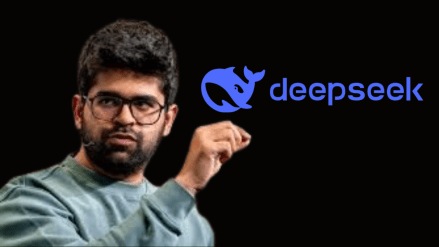DeepSeek, a Chinese AI startup, has gained significant attention with its open-source generative AI model, rivalling platforms like OpenAI. Users can run the AI on their servers, but many access it through DeepSeek’s mobile apps and web interface, which send data back to China. Despite offering free access, DeepSeek collects a wide range of user data, including chat histories, personal information, and device details, which are stored on servers in China. Though users can delete chat history, privacy advocates warn against sharing sensitive data.
The platform has also faced criticism for censoring politically sensitive topics, like the Tiananmen Square massacre, likely in compliance with Chinese government regulations. This has raised concerns about the potential for state influence on the AI’s responses. While users can run the AI locally to avoid sending data to China, most rely on DeepSeek’s services, where the data flows back to the company’s servers. As the platform grows in popularity, questions about data privacy and censorship continue to intensify, especially with the U.S. and other nations eyeing actions against Chinese tech firms.
What did the Perplexity CEO say about DeepSeek?
Perplexity CEO Aravind Srinivas shared on X that DeepSeek R1 is an AI model made up of numbers (called weights) organised in matrices. When you input something, the model processes these numbers to generate a response. The DeepSeek app lets you chat with this AI. “When you use the app, your data (prompts) go to their servers,” Srinivas noted. The company has also made the model’s weights open-source, so anyone can download and use them for free.
Perplexity AI has assured users that its DeepSeek model is hosted in data centres located in the US and EU, ensuring that user data remains within Western servers. The company emphasized that its open-source model is completely independent of China, prioritising privacy and data security for its users.
By downloading the weights and running them on your own server, you can control the AI’s operations. “As long as the servers are hosted in the US, no data needs to go to China,” he said. The AI doesn’t need to send data out to work, as all the computations stay on your server. This means other companies can also download the weights, host the AI on their servers, and offer users a chat interface. Plus, they can customise the model to perform extra tasks like web searches or running code.
